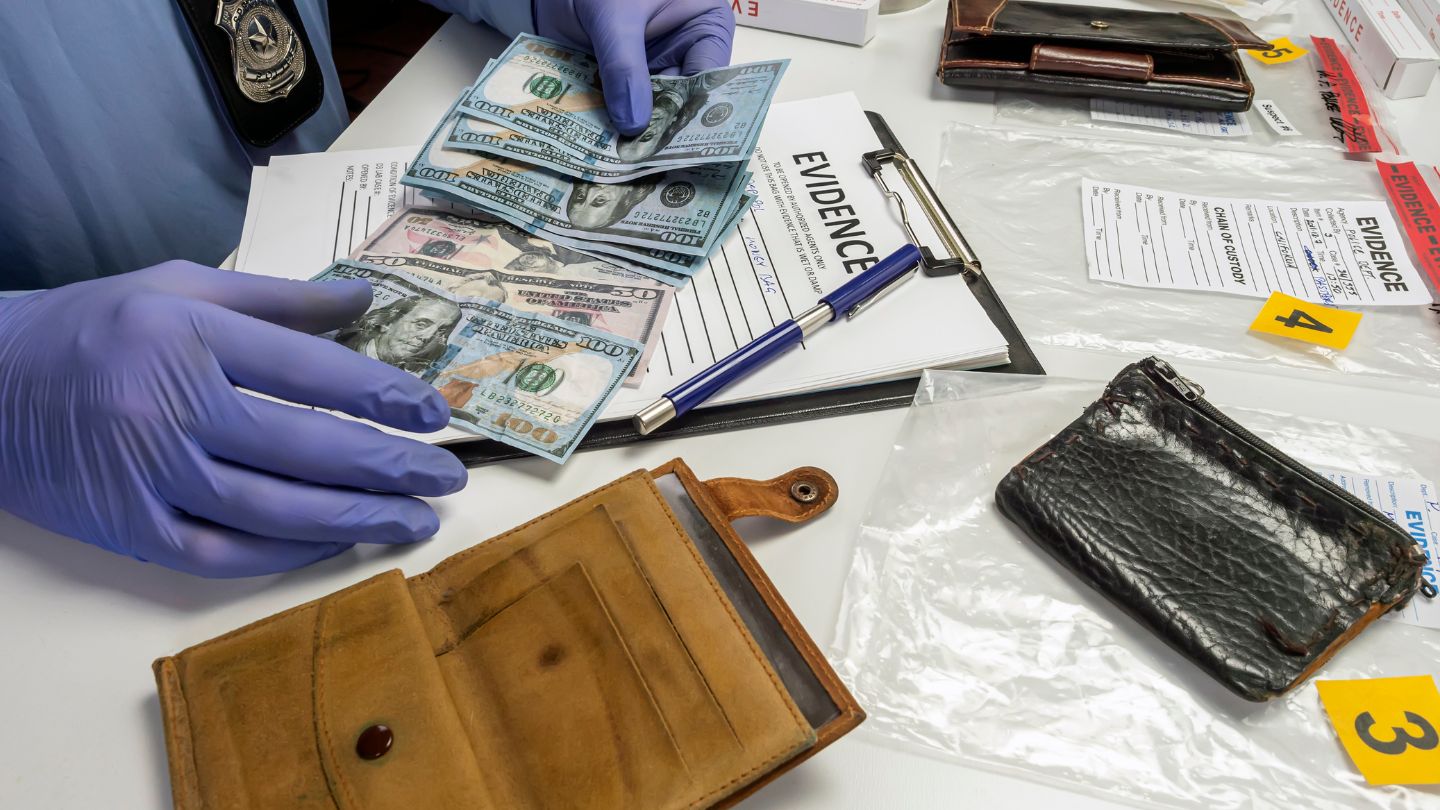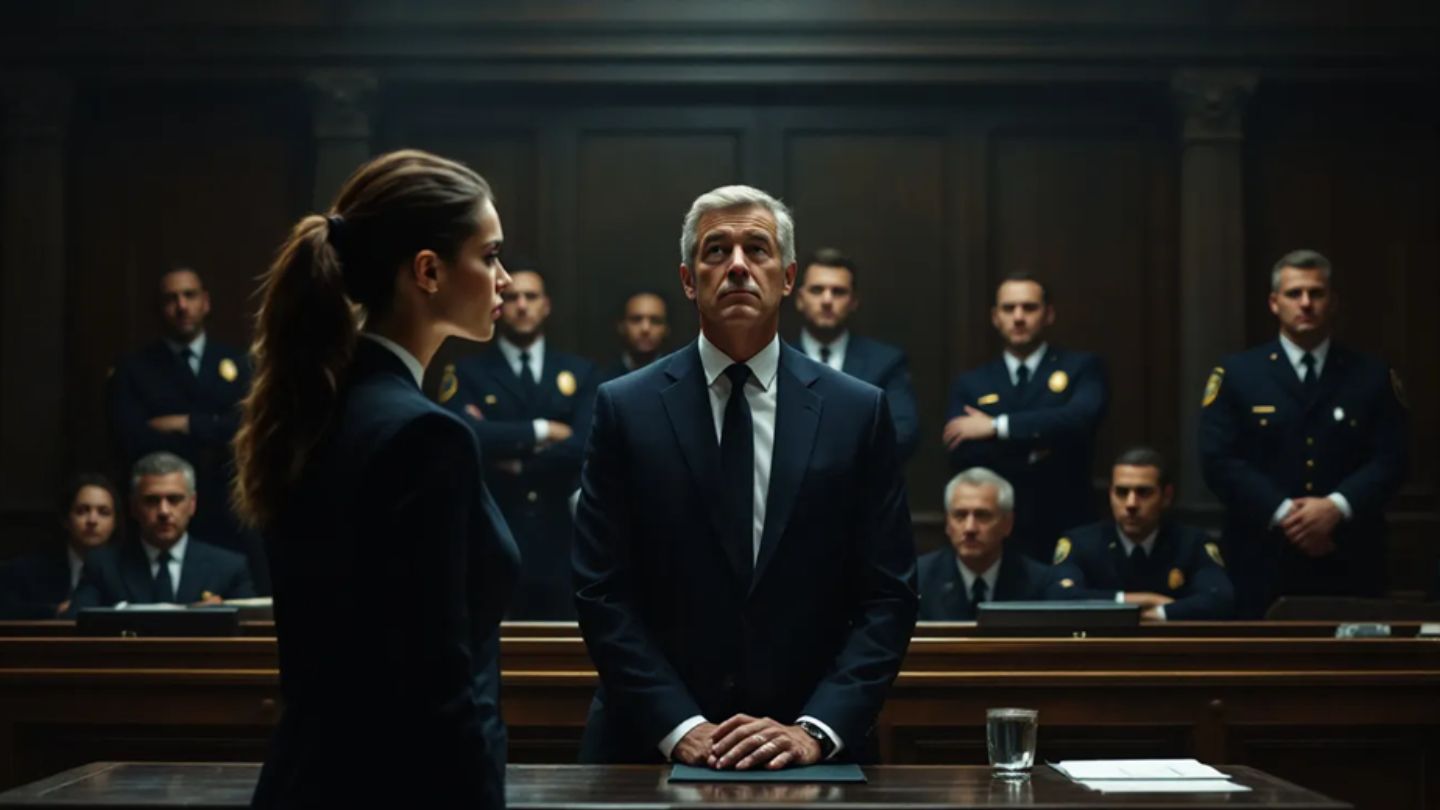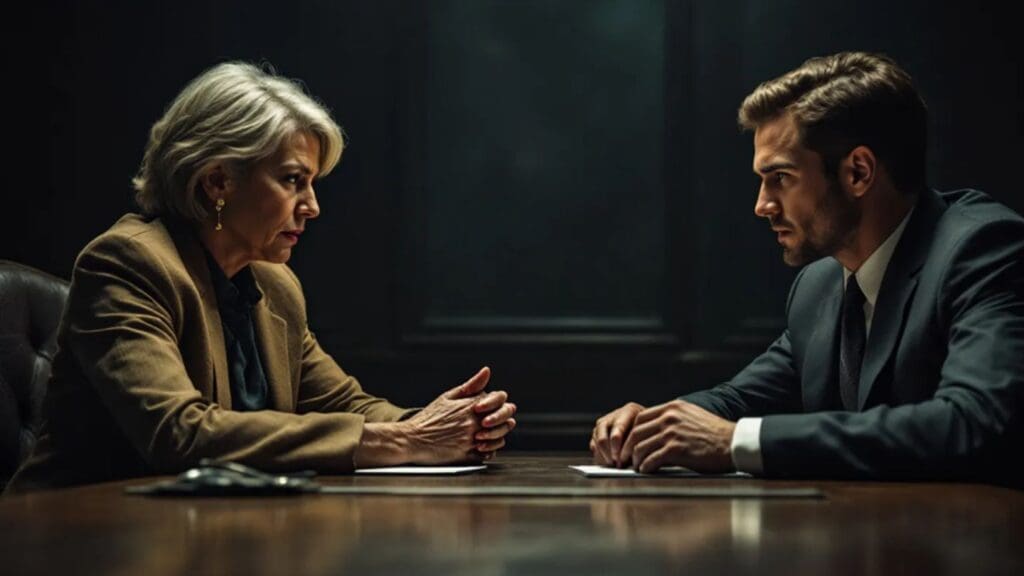The role of a criminal defense attorney from arrest to trial is pivotal in navigating the complexities of the legal system. From the moment of your arrest through to the trial, they ensure your rights are protected and build a robust defense. This blog will walk you through each step they take to safeguard your interests.
Key Takeaways
- The initial consultation establishes the foundation for a defense case, focusing on trust, communication, and case assessment.
- Thorough investigation and evidence gathering are crucial for building a robust defense, as they aim to uncover both exculpatory evidence and flaws in the prosecution’s case.
- Effective representation in court involves not only presenting evidence and arguments but also ethically safeguarding clients’ rights throughout the legal process.
Initial Consultation and Case Assessment
The initial meeting between a defense attorney and their client is critical in laying the foundation for a criminal case. It’s an opportunity for both parties to establish rapport and clear understanding, where the lawyer gathers crucial details while clients share their concerns and goals, enabling the lawyer to grasp fully what they’re facing.
In this phase, attorneys explain possible legal avenues, timeframes involved, and associated costs with defending the case—this transparency forms an essential part of formulating an effective defense strategy. Based on the insights gained from this consultation, lawyers evaluate if legal support is needed to provide comprehensive representation for their clients.
This first stage is pivotal as it influences how well-prepared a defense will be. Precise communication and meticulous examination during this initial interaction are paramount in mounting a formidable defense strategy moving forward.
Investigation and Evidence Gathering

Conducting an exhaustive investigation is crucial to crafting a robust defense strategy. Criminal defense attorneys utilize a variety of tactics to collect evidence, which includes examining police reports, scrutinizing surveillance videos, analyzing forensic information, and reviewing witness testimony. This detailed process is vital in constructing an argument that can endure the challenges posed by the prosecution.
Evidence like DNA samples and fingerprints are seen as highly credible due to their physical nature. They must be handled with precision to preserve their authenticity. Conversely, testimonial evidence such as expert opinions and accounts from eyewitnesses is critical but requires careful evaluation for potential biases or inconsistencies. Circumstantial evidence that infers someone’s presence at a crime scene without direct proof of participation can likewise be influential.
During this stage, one primary goal is discovering exculpatory material that substantiates the accused’s assertion of innocence. Defense attorneys frequently work alongside private detectives and specialists to solidify their arguments while ensuring strict adherence to maintaining each piece of evidence’s chain of custody—vital for its legal acceptance during trial proceedings.
By thoroughly assessing all available pieces of evidence and pinpointing weaknesses within the prosecutor’s case, criminal defense lawyers aim at generating reasonable doubt among jurors—a factor potentially decisive for swaying court judgments in favor of the defendant.
Pre-Trial Motions and Hearings
Motions and hearings prior to a criminal trial are critical elements that can significantly influence its direction. Defense attorneys actively submit various motions aimed at challenging the admissibility of evidence or seeking dismissal of the case before it proceeds to court. Such pre-trial requests commonly involve petitions for dropping charges or excluding improperly obtained evidence.
Among them is the motion to suppress, designed specifically to bar evidence from being considered during the trial when it has been collected in violation of proper procedures. Defense lawyers might file a request for relocating proceedings due to extensive pre-trial publicity potentially impeding their client’s right to an impartial jury. These strategic legal actions play an essential role in safeguarding clients’ interests and maintaining judicial fairness.
During pre-trial hearings, defense attorneys have a platform from which they advocate on behalf of their clients while working within the confines of the legal system—staunchly defending their constitutional rights every step along this journey. In all such matters brought forth through these motions, judges retain ultimate decision-making power, shaping how subsequent phases will unfold based upon rulings made during these preliminary stages.
Negotiating Plea Bargains
The practice of plea bargaining is highly prevalent within the criminal justice system. In Texas, it’s noteworthy that approximately 98 percent of criminal cases are resolved through this method. Plea bargaining entails reaching an agreement where a defendant agrees to plead guilty or no contest in exchange for reduced charges or penalties. The expertise of defense attorneys is vital when negotiating these agreements, as they strive for the most favorable outcome on behalf of their clients.
In navigating plea negotiations, defense attorneys have to consider both what’s best for their clients and the practicalities imposed by the legal system. It falls upon these lawyers to ensure that individuals facing charges fully comprehend all consequences associated with accepting a plea deal while protecting their rights and future prospects.
Given that plea deals can profoundly affect case results—offering an alternative to the risks and harshness often faced at trial—the role played by competent defense attorneys becomes crucially significant in crafting these arrangements effectively within our justice system.
Preparing for Trial

The process of getting ready for a court case is a detailed and thought-out endeavor. Defense lawyers conduct thorough inspections of evidence and interview witnesses comprehensively to construct an impactful defense before the trial begins. It’s imperative to act quickly in securing evidence since its accessibility and integrity may degrade over time.
The way evidence is showcased can greatly influence the outcome of a trial, possibly leading to either acquittals or less severe sentences. For those accused, it’s critical that their defense attorneys are skilled in arranging and presenting evidence effectively and persuasively to jurors, especially when there’s much at stake with possible guilty verdicts looming.
This phase encompasses more than just gathering and reviewing evidence. It also involves devising a solid legal strategy capable of undermining the prosecution’s arguments. The overarching aim here is not only to foster reasonable doubt amongst jury members but also to safeguard the client’s right to have an equitable hearing throughout their judicial proceedings.
Representing Clients in Court
Criminal defense attorneys play a multitude of crucial roles when they stand for their clients in court. They are responsible for making opening statements, presenting evidence to the court, interrogating expert witnesses, and delivering persuasive closing arguments that aim to convince the jury of their client’s non-guilt. These opening statements serve as a foundation for what will follow during the trial by highlighting principal points and planned approaches.
The selection process of jurors is an essential element, too, where defense attorneys meticulously select individuals who can assess the case with neutrality. During this phase, they scrutinize prospective jurors through questioning sessions designed to uncover any prejudices that may impact impartial decision-making.
One significant duty these lawyers perform includes meticulous cross-examination of witnesses brought forth by the prosecution to undermine their reliability. Successfully doing so generates doubt about the strength of the prosecutor’s claims. Ultimately, concluding with powerful summations in closing arguments is pivotal – it draws together all presented evidence aimed at swaying juror opinions favorably regarding trial verdicts.
Post-Trial Actions
A defense attorney’s responsibilities extend well beyond the conclusion of a trial. If substantial legal mistakes were made during the initial proceedings, they have the option to submit a request for another trial. Rectifying these errors is imperative because they can influence both the impartiality and the final result of the case.
In their ongoing commitment to safeguarding their clients’ rights, defense attorneys might pursue additional measures like appealing against the verdict handed down by the court or advocating for diminished sentences. Such post-trial efforts are essential in guaranteeing that justice prevails and clients are accorded fair treatment as prescribed by law.
Ethical Responsibilities and Client Rights
The central duty of defense attorneys revolves around maintaining ethical principles, which include preserving the confidentiality of their clients and defending their constitutional rights during all stages of the legal process. Defense attorneys are particularly important during plea negotiations as they ensure that their clients fully comprehend what it means to accept a plea deal while also protecting their legal rights.
Working with clients who may be experiencing significant emotional distress often poses difficulties in fostering an effective attorney-client relationship for defense lawyers. The stress involved in representing individuals who have undergone trauma can result in mental health challenges for lawyers, such as burnout or depression.
Upholding due process and equitable treatment is critical, highlighting why ethical behavior is essential within the realm of law practice.
Challenges Faced by Criminal Defense Attorneys

Criminal defense lawyers frequently contend with considerable difficulties, such as adverse public opinions. These legal professionals are commonly viewed in a negative light by the broader society due to their role in defending individuals charged with criminal activity, which can lead to feelings of demoralization.
In fulfilling their duties, defense attorneys often find themselves working far beyond regular full-time hours. Striking an equilibrium between professional responsibilities and personal life poses a significant hurdle for these practitioners, particularly those who manage their own practices.
The strain associated with advocating for clients, combined with the demands of high performance, may culminate in mental health concerns like burnout and depression among defense lawyers. Nevertheless, the function that criminal defense counsel fulfills within the justice system is indispensable. They ensure that each accused individual is granted a fair trial.
Choosing the Right Criminal Defense Attorney
Choosing an appropriate criminal defense attorney is a crucial choice. Important considerations are the lawyer’s background, standing in the field, and ability to communicate effectively—qualities that greatly influence their representation effectiveness.
The credibility of a defense attorney can be gauged by examining feedback from clients, commendations from colleagues, and records of positive case resolutions. Inquiring relevant questions during the first meeting helps build confidence while evaluating the lawyer’s compatibility and professional capability.
Picking an attorney with extensive experience in criminal law who also boasts a strong reputation and excellent communication skills may notably affect the results of legal proceedings in criminal cases.
Summary
A skilled criminal defense lawyer plays a critical role in helping individuals avoid jail time by leveraging expertise in legal strategy, negotiating with prosecutors, and identifying weaknesses in the case against you. From building a strong defense to ensuring your rights are upheld, their experience can make a significant difference in achieving outcomes that protect your future and minimize penalties.
If your freedom is on the line, Lynne Torgerson, a dedicated criminal defense attorney in Minneapolis, is prepared to fight tirelessly for you. With decades of experience and a commitment to achieving the best possible results, Lynne stands by you through every step of your case. Reach out today to begin building your defense.
Frequently Asked Questions
What is the most important responsibility of a criminal defense attorney, according to the text?
The primary responsibility of a criminal defense attorney is to ensure the defendant’s right to a fair trial through competent representation. This is essential for upholding justice and safeguarding legal rights.
What does a criminal defense attorney do between arrest and trial?
A criminal defense attorney plays a vital role from the moment of arrest by safeguarding the accused’s legal rights, conducting thorough investigations, gathering evidence, and forming a strong defense strategy. They also handle pre-trial motions, negotiate plea bargains, and represent clients in court to ensure a fair trial and the best possible outcome.



